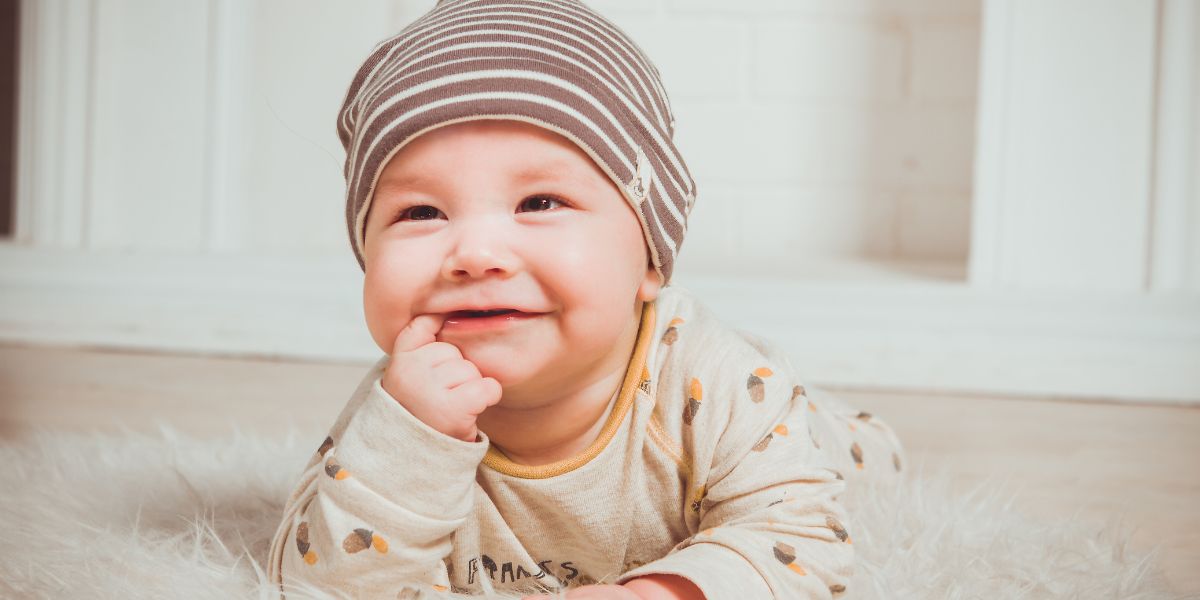Infants will be able to receive a free immunisation to protect them against serious illness from respiratory syncytial virus (RSV), under a new $16.6 million NSW Government RSV prevention program to begin next year.
RSV is a major cause of respiratory illness infecting up to 90 per cent of children within the first two years of life.
It can affect anyone, but the infection is more severe in children under one year of age, who may develop bronchiolitis or pneumonia requiring hospitalisation.
This year there have been about 70,000 cases of RSV detected in people who were tested in NSW to 7 November. More than 10,000, or 15 per cent, of the cases were among children aged under twelve months old.
“There is nothing more stressful than having a sick baby, especially when it is something potentially serious like RSV.” said Minister for Health Ryan Park.
“This program will ensure all infants who are not protected through maternal vaccination will be offered immunisation.”
“This program model will help keep babies out of hospital and at home with their family.”
The RSV prevention program will see the NSW Government fund nirsevimab, a type of monoclonal antibody immunisation, from mid-March for babies who are not protected through maternal vaccination, and those at increased risk of severe RSV.
From early 2025, pregnant women will be offered a free vaccine, recommended at 28-36 weeks of pregnancy, under the National Immunisation Program, which will in turn protect their newborn infant from RSV.
“We encourage pregnant women to get an RSV vaccination to protect their baby from RSV next year.” said NSW Health Executive Director of Health Protection Dr Jeremy McAnulty.
“We will offer protection to all babies in NSW, either through maternal vaccination or by offering nirsevimab, which significantly reduces an infant’s risk of hospitalisation from RSV.”
As at September this year, the existing NSW RSV vulnerable babies program provided nirsevimab to more than 4,500 vulnerable infants, among whom 86 per cent were aged under six months.
Preliminary data shows the program resulted in a 25 per cent reduction in RSV notification rates in all infants less than six months old, compared to children aged 12-18 months, very few of whom received nirsevimab.
Everyone can help reduce the spread of respiratory illnesses, including RSV. There are some simple steps people can take to help protect themselves, their loved ones and community including:
- Stay at home if you have cold or flu symptoms and wear a mask if you need to leave home
- Get together outdoors or in large, well-ventilated spaces with open doors and windows
- Avoid crowded places
- Don’t visit people who are at higher risk of severe illness if you have cold or flu symptoms
- Practice good hand hygiene, including regular handwashing.
For further information on how to protect yourself and others from RSV visit the NSW Health website: https://www.health.nsw.gov.au/Infectious/factsheets/Pages/respiratory-syncytial-virus.aspx#
Like what you’re reading? Support The New England Times by making a small contribution today and help us keep delivering local news paywall-free. Support now


